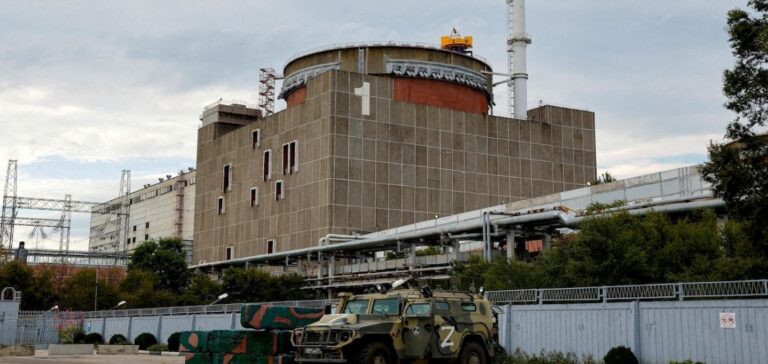Norway is firmly committed to supporting Ukraine in the restoration of its crucial energy infrastructure, severely damaged by Russian bombing. The aim of this initiative is to guarantee a stable power supply for the Ukrainian population, which is particularly critical as winter approaches. Norway has also played an important role in the energy sector since the start of the Russian-Ukrainian conflict, and European countries are stepping up their cooperation with Oslo in this area.
Strategic Financial Support
The Norwegian contribution of 1.1 billion kroner ($103 million) is in addition to previous support efforts. Norway had already provided 2.1 billion kroner ($197 million) in 2022 and 1.9 billion ($178 million) in 2023 for the Ukrainian energy sector. Norwegian Prime Minister Jonas Gahr Store stressed the importance of this support, saying that the funds would be used optimally in close collaboration with the Ukrainian authorities.
“Ukrainians are working tirelessly to maintain power supplies despite Russia’s massive and systematic attacks,” said Mr. Store. “It’s crucial to start repairs before winter.”
Fund distribution and priorities
The funds allocated will be used for immediate repairs and specific projects, particularly in the Kharkiv region, which was severely affected by the recent attacks. A budget of over 11 million dollars has been earmarked for this region, including the installation of solar panels in seven maternity wards and theaters of operation. This project aims to ensure a reliable source of energy for critical infrastructures.
Ongoing commitment and future prospects
In addition to this immediate aid, Norway has pledged financial support of 75 billion kroner (around $7 billion) for the period 2023-2027, including military and civilian aid. These funds will be allocated annually according to Ukraine’s urgent needs, illustrating Norway’s long-term commitment.
This new financial aid demonstrates Norway’s determination to play an active role in stabilizing Ukraine’s energy infrastructure, which is essential for the well-being of the population and the country’s resilience in the face of aggression.
The cooperation between the two nations is a strong example of international solidarity in times of crisis. Norway continues to lead the way in humanitarian and development support, responding to immediate needs while planning sustainable solutions for the future.
By providing this significant assistance, Norway is not only strengthening Ukraine’s ability to prepare for winter, but also its own commitment to energy stability and resilience. Close collaboration with the Ukrainian authorities ensures that funds are used effectively to meet critical needs. This support, anchored in a long-term vision, reflects the importance of international solidarity in overcoming today’s energy and humanitarian challenges.






















